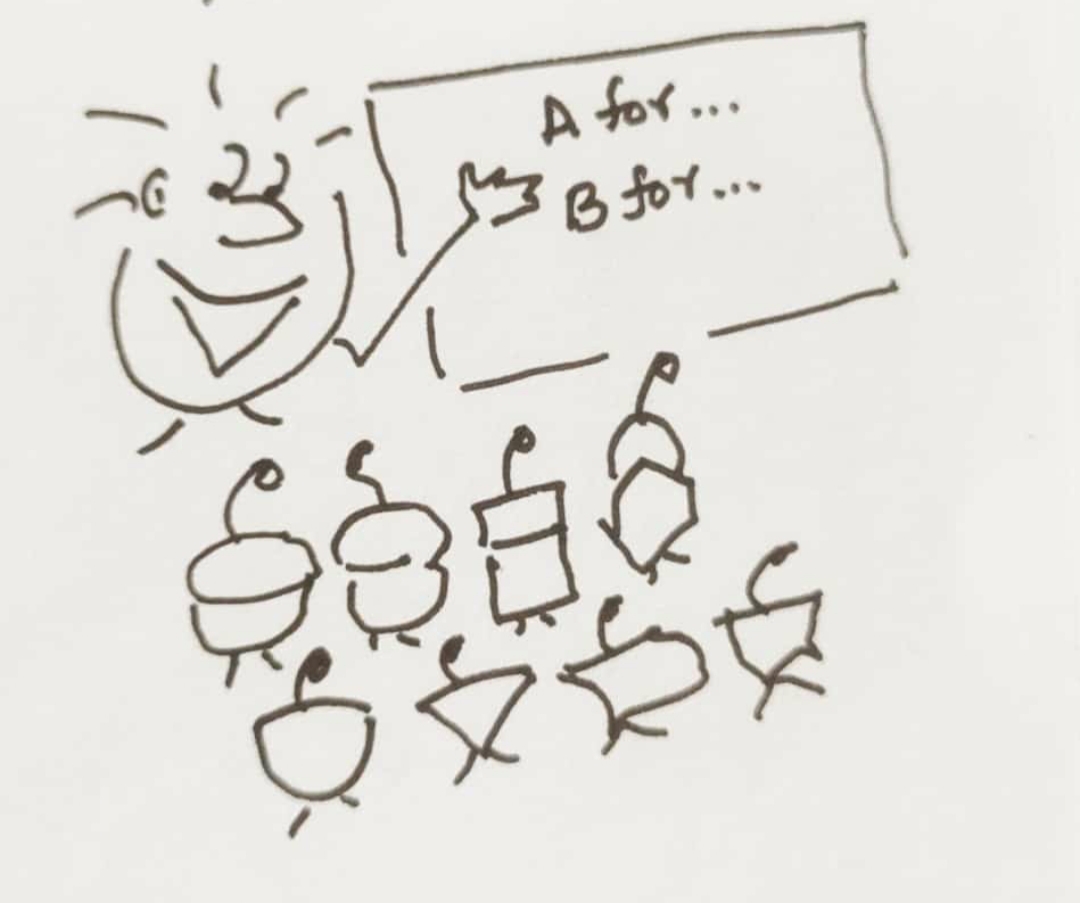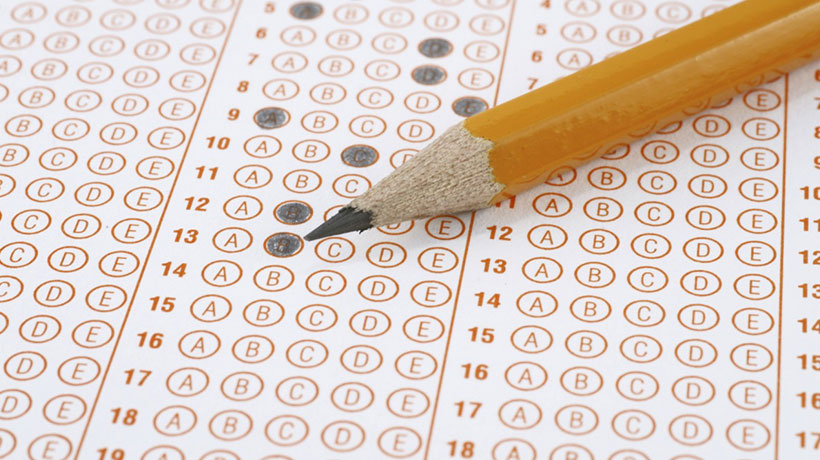Trending Now
- 830 voters names go missing in Kavundampalayam constituency
- If BJP comes to power we shall consider bringing back electoral bonds: Nirmala Sitaraman
- Monitoring at check posts between Kerala and TN intensified as bird flu gets virulent in Kerala
Education
Creative collaboration classrooms mending ways to 21st Century skills
![]() October 30, 2018
October 30, 2018
The 21st Century skill of collaboration is likely to be critical as it needs people coming together to work in groups. Several tasks will require collaboration as views and interpretations of the information received will vary with every individual. In such cases, collaboration would mean working with others. Understanding the essence of collaboration is important.
Collaboration is an ability to share ideas openly with another person and come up with an effective response (or solution). This will create an open system and help combine different notions, beliefs and theories into a meaningful outcome. The key aspect is cooperative learning cannot be achieved on one’s own. This learning is important from several perspectives and standpoints. This could help bring people together and integrate them for a common goal. The ecosystem allows individual to voice and explore various perspectives. Collaboration helps build other skills such as communication, problem-solving, time management and so on.
This might demand schools to have explicit instructions and activities designed for learning and outcome. More so because the education system pushes individual’s achievements in many aspects like learning and scoring. However, a few sports demand collaboration. The argument of individual contributor achieving by all self is not true as there is intangible support given by teachers and parents. People are afraid of collaboration because it has conflict, though not inherently bad, and failures in collaboration could be discouraging factors to work in groups.
One who picks the art of collaboration might find classroom and workplace livelier, allowing teachers and supervisors to act as facilitators. Irrespective of positive outcomes, the group engages in a social process that is affirming and uplifting the trust of individuals and collective as a group. This might sound a positive progression though not necessarily as it has do more on imaginative and creative ideas getting shaped and new stories emerging. This defines an ecosystem that is supportive, cooperative and highly skilled collaboration.
It is wrong to say, people lack in collaboration. They lack the skills to collaborate. The skills are to work in conflicting thoughts and resolving them by placing trust. This could transform lives, improve quality in every aspect. As rightly put by Jim Tamm, former law professor and senior administrative law judge for the State of California: “It’s costly affair managing defensiveness, where one ends up managing the stand even it if wrong.”
Another perspective by author Dr KM Blanchand on collaboration: “One plus one is a lot greater than two.” He questions the ideas of individuals being ready to make difference and have plans to make it through as there will always be need of people who want to make difference.
If one has to go with Albert Einstein quote, “I’m not smart. It’s just that I stay with problems longer.” If one believes this, it is true with children who stay longer in the classroom. This might demand schools to move from product (outcome like grade focus) to process – one which has challenges to experiment, solve problems and so on. According to Tony Wagner, “In case we fail to create an ecosystem where one could learn the skills of collaboration, then the world is not going to care about what one knows but what one can do with what they know. ”
























